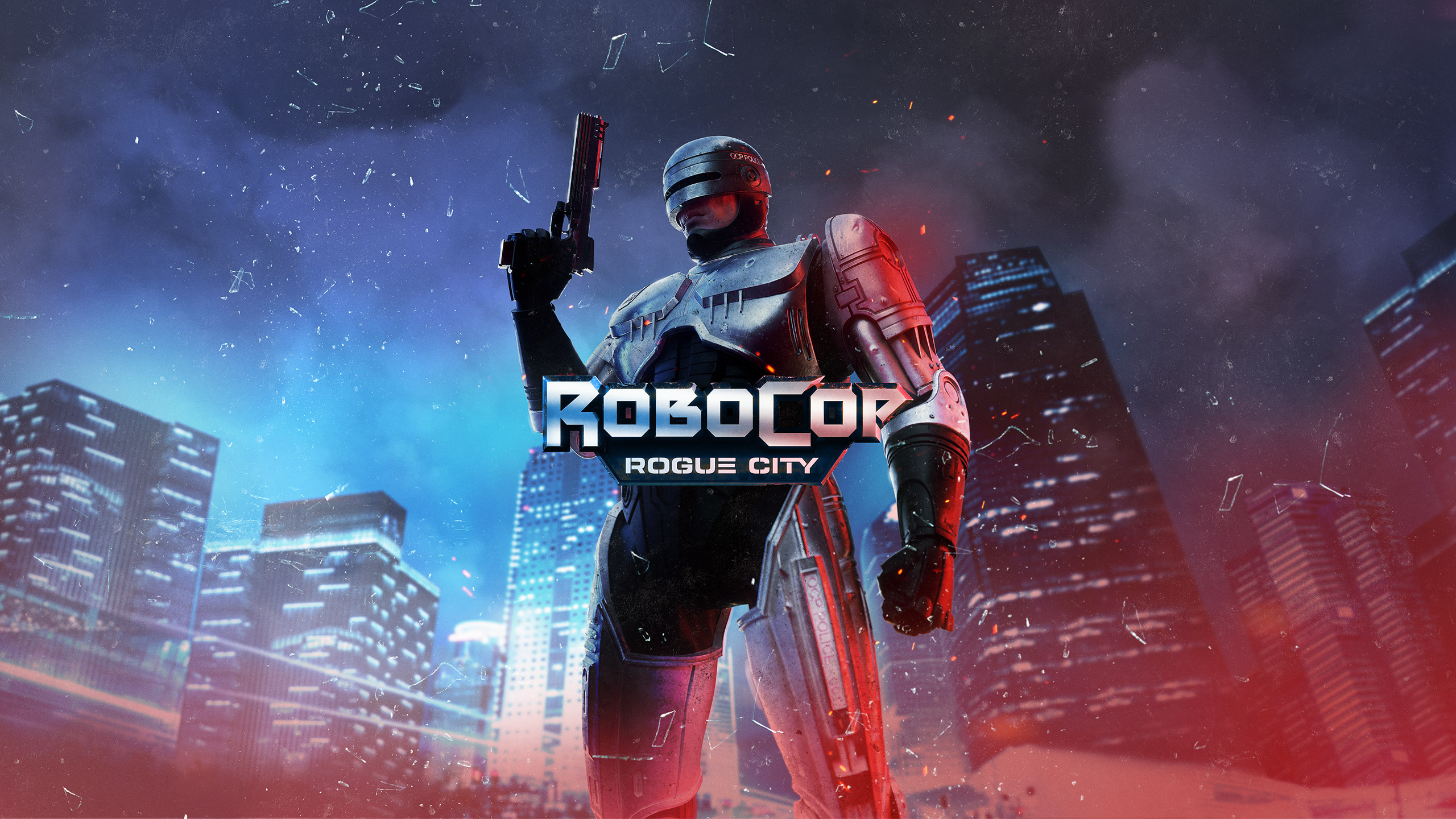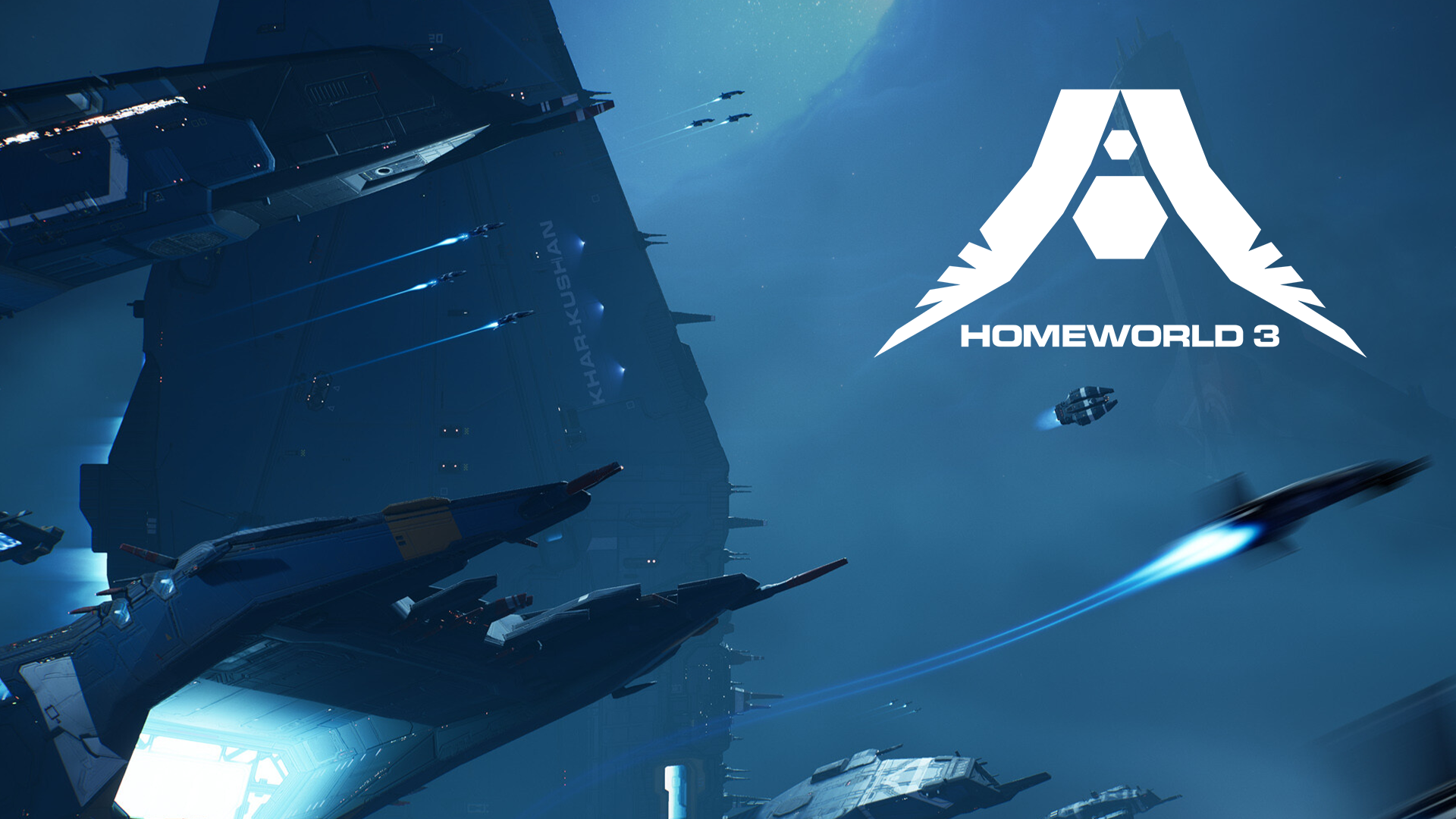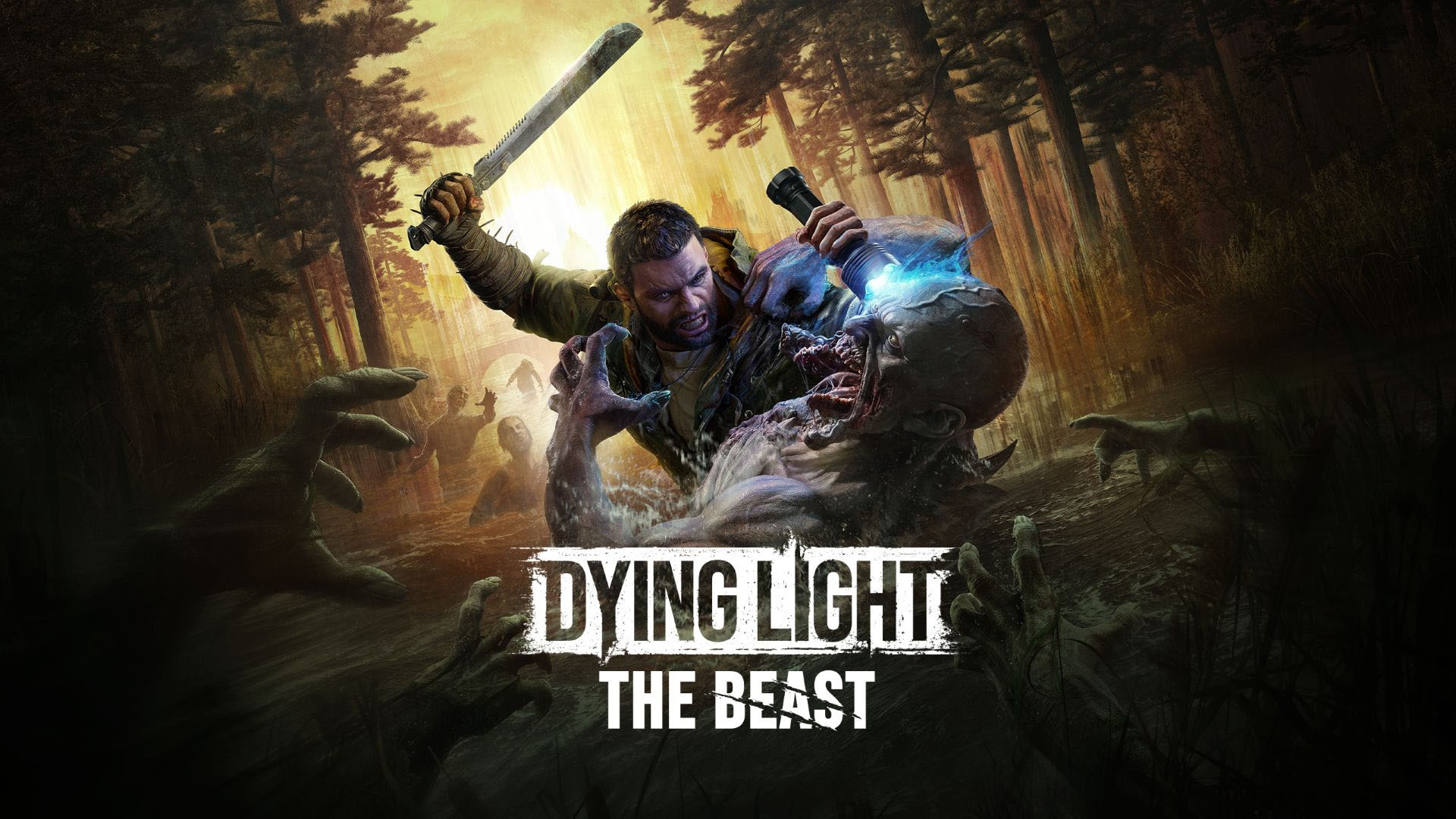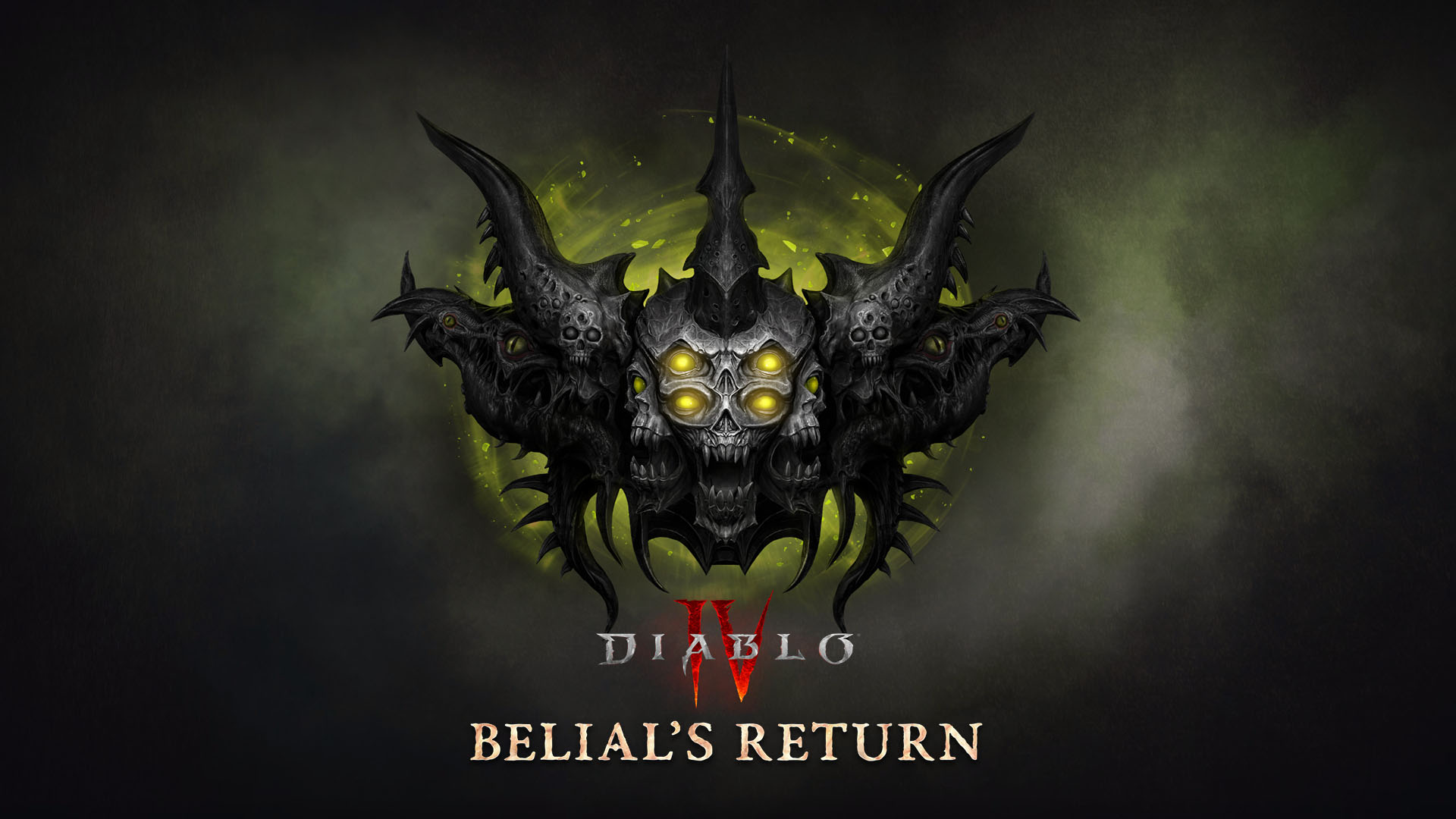Nachtigall is a lot of game. Available now in Steam Early Access, players step into the hiking boots of a Realmwalker in this PVE open-world survival crafting game that offers solo or cooperative play. The spectacular gaslamp fantasy world is loaded with gorgeous character design, deep narrative, comprehensive customization, and of course an embarrassment of spells and crafting. For a taste of what’s gone into one of the year’s most impressive debuts, Intel Gaming Access side-quested to Alberta, Canada, to flag down chief Realmwalker Aaryn Flynn, CEO of Nachtigall developer Inflexion Games.
It’s worth noting that the Inflexion team has a killer pedigree when it comes to making fantasy games. Before starting Inflexion, Aaryn spent 17 years at BioWare contributing to franchises including Baldur’s Gate, Neverwinter Nights, Star Wars: Knights of the Old Republic, Jade Empire, Dragon Age, und Mass Effect. Inflexion was founded by Aaryn and a few like-minded colleagues who shared the desire to craft a unique, immersive fantasy world. “We were really taken by the idea of building a contemporary fantasy, and we all fell in love with the idea of a world full of magic but still familiar and distinctly human,” says Aaryn. That concept ultimately became Nachtigall.
The alternative gaslamp fantasy world Inflexion created for Nachtigall has its roots in one much-loved piece of recent literature in particular. “We take a lot of inspiration from Susanna Clarke’s novel Jonathan Strange & Mr Norrell, which revolves around the resurgence of magic in the world during the 19th century, amid the Napoleonic wars,” says Aaryn. “We were captivated by the intricate worldbuilding, compelling characters, and the seamless integration of real-world history with fantasy elements. This led us to think we could do something in a historical fantasy setting, thus laying the foundation for the universe of Nachtigall.”
“We really admired what a lot of other developers were doing with survival games, and we felt we had a unique perspective on the genre that allowed for a greater deal of autonomy and player choice within a deep survival-crafting experience,” says Aaryn of what drives them in terms of the gameplay they want to deliver. To get here, Nachtigall has changed course from its initial path. “When we first started developing the game, we envisioned the world of Nachtigall as a home for a MMORPG-type experience,” Aryn says. “But as we started to explore gameplay concepts, we discovered that what we were developing had a lot more in common with the survival-crafting games we loved to play. Reconfiguring the experience to fit that genre was an early challenge, but one the whole studio embraced.”
Realm Card System
There’s no shortage of fantastical and visually breathtaking fantasy gaming experiences with crafting out there, so the Inflexion team stepped up their game. “With Nachtigall, we want to take the genre and find ways to make it feel fresh and different for players,” says Aaryn. “We have some deep crafting and building features, but the feature that we’re most passionate about is our Realm Card system.”
Aaryn describes the Realm Card system as “a concept with infinite possibilities”; one that gives players a great deal of freedom in how they explore the different Fae Realms. Combining the three card types of Biome, Major, and Minor in any of a vast number of different ways gives players access to a mind-bending panoply of in-game adjustments to bend the world to their will.
“Biome and Major cards are played in a portal machine and determine the destination—Biome changes the environment, while the Major card sets specific fundamentals about the Realm, including creatures, atmosphere, and vegetation,” explains Aaryn. “Meanwhile, Minor cards are played in Realmic Transmuters to modify the environment, such as the gravity, prevalence of materials, and types of enemies. We’re really excited to see how players interact with this system.”
PC First
“Nachtigall is PC-only at Early Access launch, so performance is incredibly important to us,” says Aaryn. During the closed beta testing phase of the game, and now during Early Access, performance—specifically balancing end-user frame-rate with gameplay and visuals—has always been one of the team’s top priorities. “We put in an incredible amount of work to make our games as performant as possible before release, but, as an Early Access release, we’ll also be leveraging player data and feedback to continue to improve and enhance the experience.”
Aside from meeting the game’s minimum PC specs, Aaryn has a few other tips to get the best out of the game: “Nachtigall really shines in a couple of areas, including graphical fidelity and audio, so hardware investments in those areas can really make a difference,” he notes. “Our development team often play Nachtigall at a 21:9 ratio, so an ultra widescreen monitor works great, too.”
In support of the game’s PC-first development cycle, Inflexion has worked closely with Intel to get the most out of its hardware for players. “Intel has been an outstanding partner for us during Nightingale’s development, from their tremendously deep expertise in the PC hardware space to their debugging and troubleshooting prowess,” says Aaryn. “As Intel introduced new hardware, we were given first-looks and benchmarking opportunities that really opened our eyes to what’s possible with next-generation hardware, too.”
Right now, though, Inflexion has an Early Access release to fine-tune and farm for player feedback on the path to full launch. “Early Access is a new chapter in the development of Nachtigall, so we’re focusing on opening up the portals to the community and inviting players on the journey with us.”









